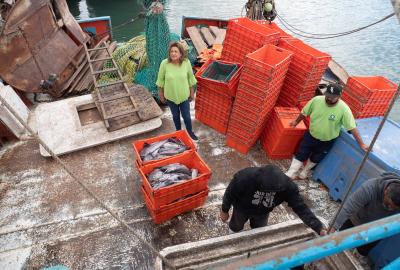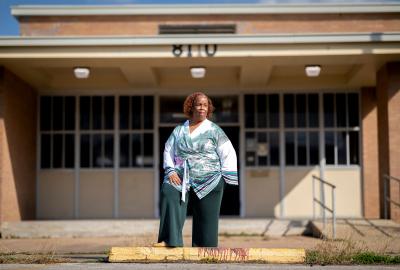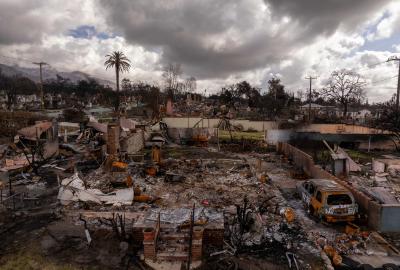What do Europe’s election results mean for the climate?
The European Union must stay the course, says Executive Director of Environmental Defense Fund Europe Helen Spence-Jackson.
It can seem unthinkable that the far right gained support in the recent European parliamentary elections. In early June we saw Presidents Biden and Macron at D-Day commemorations in France, reminding the world of the continent’s dangerous history of nationalism.
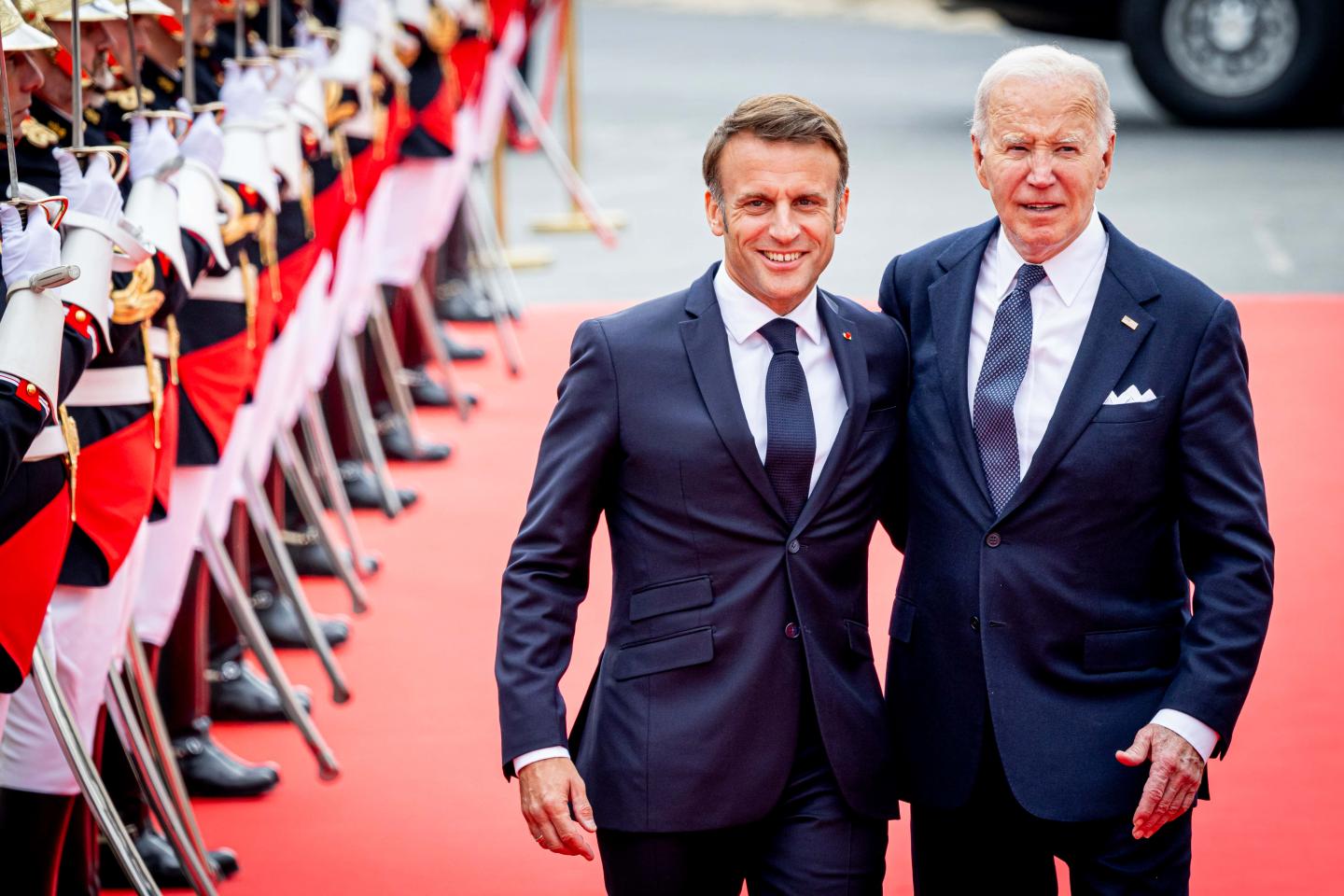
Like many European school children, I once visited those same World War II battlefields near where Macron and Biden stood. I too was moved by the white crosses of fallen soldiers, learning the lessons of that history. Now there is apprehension about where this election will lead — including on the urgent question of our climate future.
While there were significant gains in far-right votes for some EU countries (notably France and Germany), the predicted mass ‘far right surge’ did not in fact materialize.
The majority in Parliament remains with centrist parties who have supported Europe’s progress towards renewable energy, energy efficiency and reducing our reliance on gas and oil from Putin’s Russia. But some politicians, scared by rushed analysis in the media, may forget that most Europeans still voted for sensible, moderate progress.
So, what does this mean for the EU’s work on climate policy?
We’ll need to focus on pragmatic solutions like energy security. In the light of the war in Ukraine, energy security will remain high on the agenda. There will continue to be strong support for reducing EU dependence on Russian gas.
Accelerating the clean energy transition will be key. Even on the right, energy independence and more stable prices that come with domestic, clean energy sources are strongly popular.
Environmental advocates need to speak the language of industrial competitiveness. The shift to the right reflects, in part, a desire for government to focus on voters’ basic economic and social needs. The centrist majority in the European Parliament will increasingly want to know how clean energy development works for a stronger European economy.
We have a great story to tell because winning the race for clean energy jobs is critical to our economic goals. The U.S., China, India and others are certainly racing ahead.
We can keep building on the EU’s ambitious climate policy progress. One of the special things about the European Union is that the legislative wheel keeps on turning, thanks to the other branches of the EU system. The Commission, the EU’s executive arm, is obliged by law to propose 2040 climate targets that keep us on track to meet our target of net zero climate pollution by 2050.
The EU should pursue climate policies that meet the moment. The performance of the far-right points to voter disaffection with their economic future. Climate policies that create jobs, provide reliable and affordable clean energy, help farmers remain productive in a changing climate, and improve transportation will be welcomed across the political spectrum.
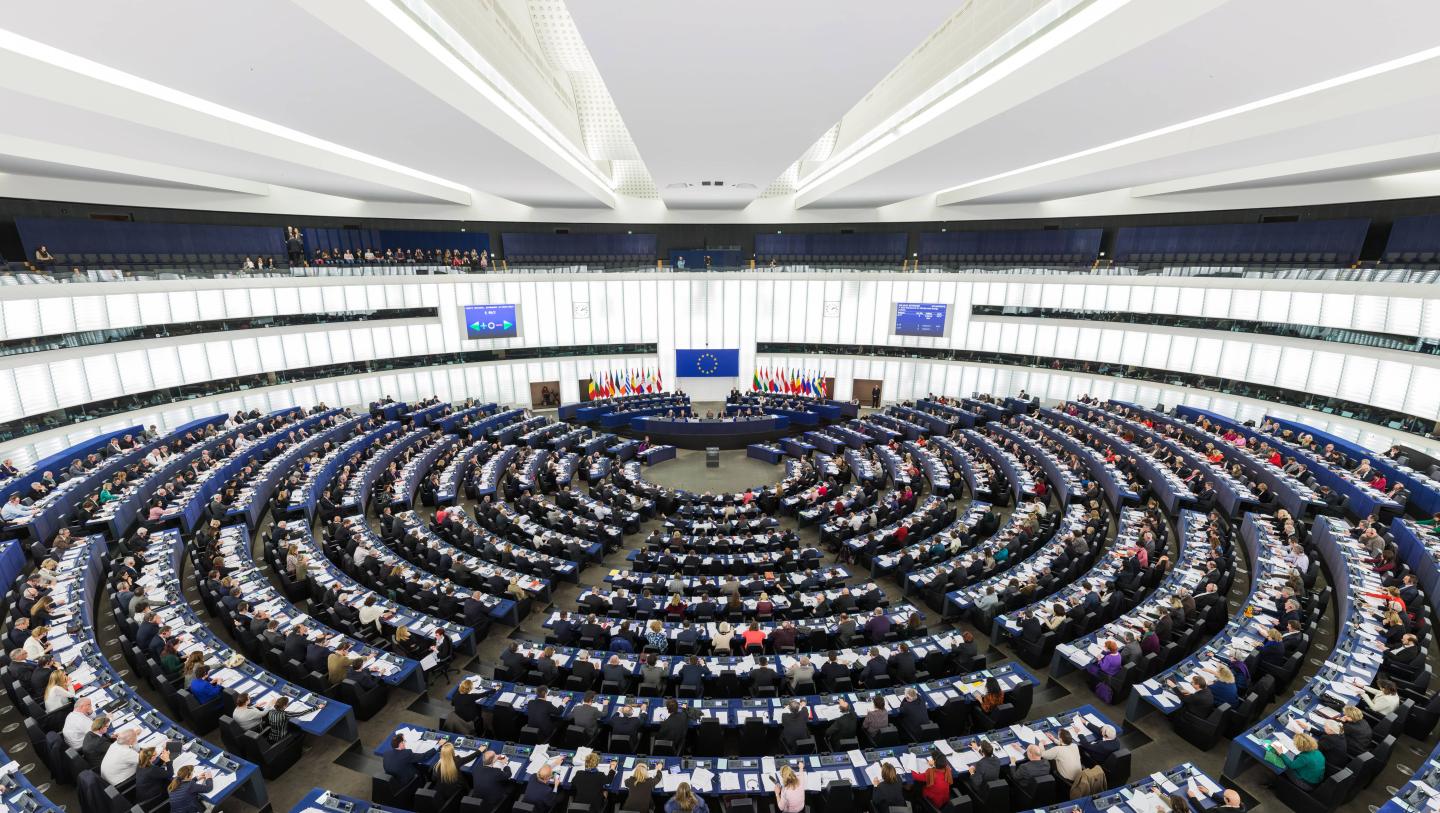
The cost of trying to hang on to a 20th century economy, powered by fossil fuels, will be much higher for consumers than investing in the future.
Five years ago, after the last EU elections, no one knew we were heading towards a global pandemic and the outbreak of war in Europe.
Rather than dropping its ambitious climate agenda, the EU chose to lean into the challenge, enshrining its 2050 net zero climate targets in law, accelerating its clean energy transition and reducing its reliance on Russian oil and gas.
Progress is never linear, but one thing is certain: The world economy is moving toward clean energy. I remain hopeful that in the spirit of EU compromise, so necessary in a union of 27 countries, 24 languages and a broad array of political parties working in coalitions, the EU will maintain its climate leadership.
Helen Spence-Jackson is Executive Director of Environmental Defense Fund Europe.
